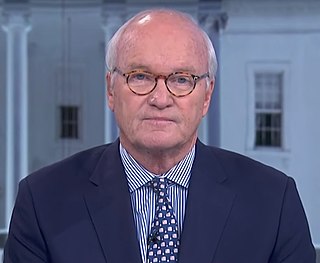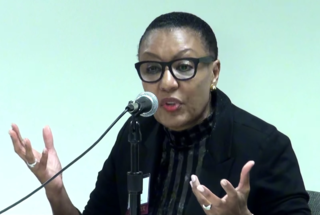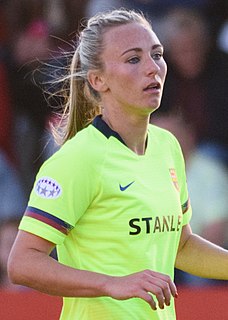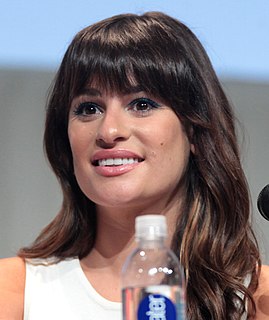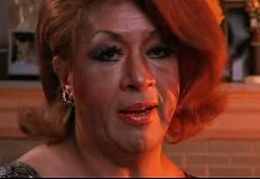A Quote by Jacqueline Woodson
Where I grew up, it was all people who were black and Latino, people who look like me. Now I live in a neighborhood where very, very few people look like me.
Related Quotes
I would say I'm black because my parents said I'm black. I'm black because my mother's black. I'm black because I grew up in a family of all black people. I knew I was black because I grew up in an all-white neighborhood. And my parents, as part of their protective mechanisms that they were going to give to us, made it very clear what we were.
I had very supportive parents that made the way for me, even at a time when there were very few women - no women, really; maybe two or three women - and very few, fewer than that, African-American women heading in this direction, so there were very few people to look up to. You just had to have faith.
It's great for the little girls coming through the system now to have women to look up to because, when I was younger, my role models were more, like, Michael Owen and players from the men's team, but I get kids messaging me now saying they look up to me, and that's really touching for me, but it's great for the kids to have people to look up to.
Self-censorship has become a part of me. I think because we live in a place where community is very important, family is very important, you feel the weight of how people look at you. Even though I might seem very modern and very liberated, I still have a lot of issues to deal with. I'm scared of how people look at me.
The scientists I looked up to at the beginning were not Latino. They were famous scientists of many years ago, like Madame Curie. Later, I realized that there were also, but a very few, Latino scientists. There were good ones, but very few, because there wasn't as much a tradition to be a scientist in our culture. But this is changing.
I think it is very important that you like yourself for who you are and not want to look like anyone else. You also have to understand, many people have had cosmetic surgeries in order to look the way they look. So why look like them when you can just look like you? And there is nothing wrong with looking like you.
The biggest mistake people make about me is that they see me as some sort of god-like figure with a big ego. If I see a button, a T-shirt, that says, 'Yngwie is God,' I just look at it as a complimentary way of people telling me they like me. Although it's very flattering, it doesn't change the way I look at myself.

